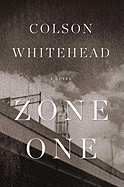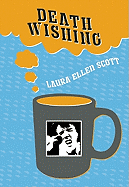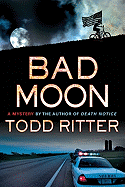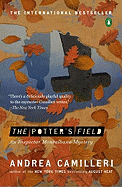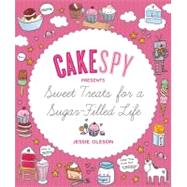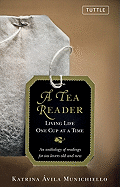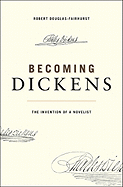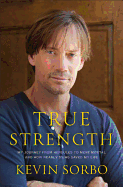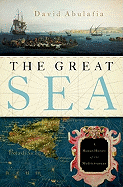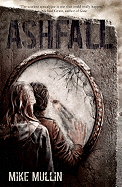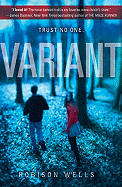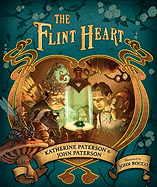Sweetness
There was a lot of anticipation at Shelf Awareness about the embargoed copy of Sweetness: The Enigmatic Life of Walter Payton by Jeff Pearlman (Gotham). Chicago Bears running back Payton is considered by some to be the greatest football player ever--and by most as one of the greatest. He was respected both as a player and a person, he was an inspiration to many, and he died far too young at the age of 45. Unfortunately most of the pre-publication press focused on the parts of the book about Payton's depression, suicidal thoughts, philandering and addiction to painkillers.
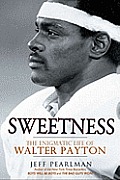 What has been ignored is the entire book--a thoughtful, profound, respectful story of a larger-than-life man. It's a story of segregation, integration, strong family and a cast of memorable people. Even more, it's a cautionary tale of what football can do to a player, especially a player who would rather take a hit than run out of bounds. Painkiller addiction? The more surprising story would be no need for drugs. Anyone who has read North Dallas Forty, written by the late Peter Gent in 1973, knows about the pain that wracks an athlete's body. Lately, there have been books focused on concussions and their effects--The Concussion Crisis by Linda Carroll and David Rosner (Simon & Schuster) and Throwaway Players by Gay Culverhouse (Behler Publications)--and who's to say, given the medical evidence, that Payton's depression wasn't linked to his pummeling?
What has been ignored is the entire book--a thoughtful, profound, respectful story of a larger-than-life man. It's a story of segregation, integration, strong family and a cast of memorable people. Even more, it's a cautionary tale of what football can do to a player, especially a player who would rather take a hit than run out of bounds. Painkiller addiction? The more surprising story would be no need for drugs. Anyone who has read North Dallas Forty, written by the late Peter Gent in 1973, knows about the pain that wracks an athlete's body. Lately, there have been books focused on concussions and their effects--The Concussion Crisis by Linda Carroll and David Rosner (Simon & Schuster) and Throwaway Players by Gay Culverhouse (Behler Publications)--and who's to say, given the medical evidence, that Payton's depression wasn't linked to his pummeling?
After Mike Ditka asked about the point of Sweetness's revelations, Scott Simon, on NPR Weekend Edition, said, "I don't know if the book has a point. But it might serve a purpose." That purpose would be to ask ourselves what kind of entertainment is a game that maims and cripples its players.
Jeff Pearlman has written an exceptional book, whose worth should not be obscured by the sensationalism of one part of Walter Payton's exceptional life. --Marilyn Dahl



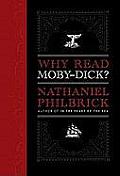 Call us Ishmael, but we think Why Read Moby-Dick? by Nathaniel Philbrick is a book whose time has come. And it took a nonfiction specialist like Philbrick to point us back to one of the greatest works of American literature.
Call us Ishmael, but we think Why Read Moby-Dick? by Nathaniel Philbrick is a book whose time has come. And it took a nonfiction specialist like Philbrick to point us back to one of the greatest works of American literature.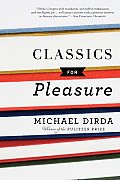 Classics for Pleasure by Michael Dirda has been deemed "casually brilliant," a phrase that sums up Dirda's style perfectly: the Washington Post critic, who holds a Ph.D. in literature, wears his learning lightly and his passion proudly in this collection of essays on books you probably haven't read and really should. This is no mere sweep-up of the usual suspects, either. H. Rider Haggard novels share pride of place along with Edward Gorey and Jean Toomer.
Classics for Pleasure by Michael Dirda has been deemed "casually brilliant," a phrase that sums up Dirda's style perfectly: the Washington Post critic, who holds a Ph.D. in literature, wears his learning lightly and his passion proudly in this collection of essays on books you probably haven't read and really should. This is no mere sweep-up of the usual suspects, either. H. Rider Haggard novels share pride of place along with Edward Gorey and Jean Toomer.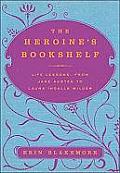 The Heroine's Bookshelf: Life Lessons, from Jane Austen to Laura Ingalls Wilder by Erin Blakemore lives up to its promise. Here you'll find lessons about a dozen different qualities embodied by the same number of heroines, in separate books. Celie of Alice Walker's The Color Purple taught Blakemore about Dignity, while Pride and Prejudice's Elisabeth Bennet embodies the Self. A wonderful gift for young women graduating at any level, and a treat for one's own bookshelf, too.
The Heroine's Bookshelf: Life Lessons, from Jane Austen to Laura Ingalls Wilder by Erin Blakemore lives up to its promise. Here you'll find lessons about a dozen different qualities embodied by the same number of heroines, in separate books. Celie of Alice Walker's The Color Purple taught Blakemore about Dignity, while Pride and Prejudice's Elisabeth Bennet embodies the Self. A wonderful gift for young women graduating at any level, and a treat for one's own bookshelf, too.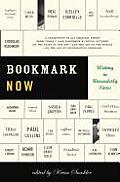 Bookmark Now!: Writing in Unreaderly Times by Kevin Smokler includes essays by authors Meghan Daum, Nell Freudenberger, Neal Pollack and Glen David Gold and others, about what keeps them scribbling as reading habits and book consumption changes. In the six years since its publication, even more has morphed. Bookmark Now Two, Mr. Smokler? --
Bookmark Now!: Writing in Unreaderly Times by Kevin Smokler includes essays by authors Meghan Daum, Nell Freudenberger, Neal Pollack and Glen David Gold and others, about what keeps them scribbling as reading habits and book consumption changes. In the six years since its publication, even more has morphed. Bookmark Now Two, Mr. Smokler? -- All for one and one for all! The latest film adaptation of Alexandre Dumas' iconic The Three Musketeers opens today. Paul W.S. Anderson directs a cast including Milla Jovovich, Orlando Bloom and Christoph Waltz.
All for one and one for all! The latest film adaptation of Alexandre Dumas' iconic The Three Musketeers opens today. Paul W.S. Anderson directs a cast including Milla Jovovich, Orlando Bloom and Christoph Waltz.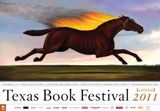 The 16th annual
The 16th annual 
